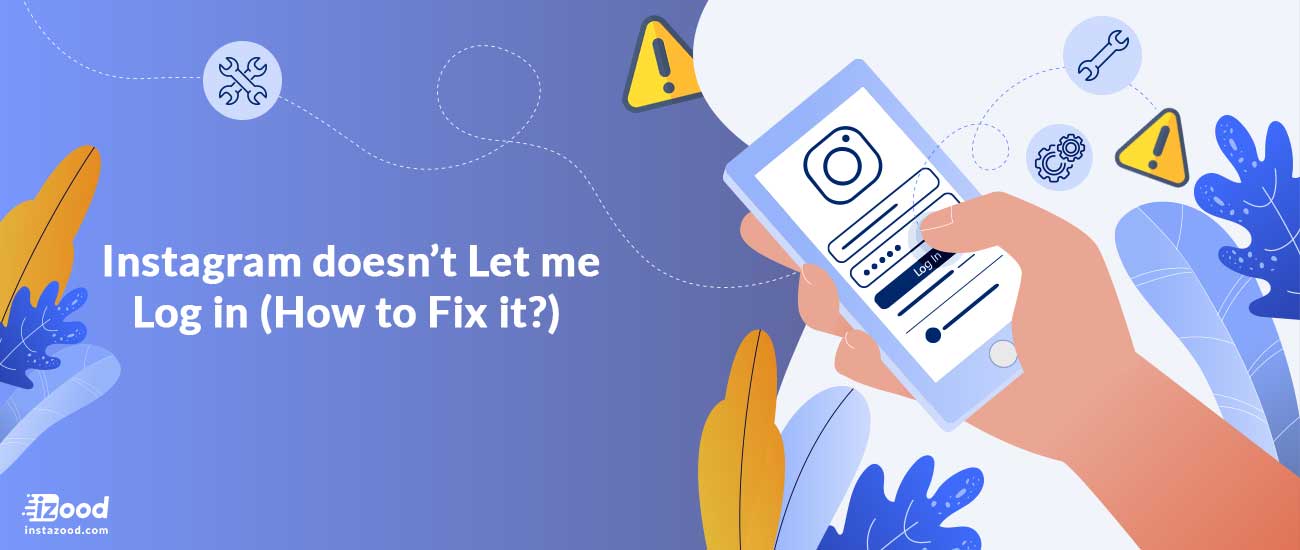
Photography is an art, but it’s also a science. And when you’re first starting out, it can be difficult to know what camera settings to use, or how to edit your photos so they look their best. But never fear – there are plenty of online tools that can help you with both! In this article, we’ll introduce you to five of the best.
-
JPEG Mini
-
Blogstomp
-
Narrative
-
Photo Joiner
-
Shoot Proof
-
Planoly
-
Loom
-
Canva
The Benefits of Using Photography Tools
If you’re a photographer, whether professional or amateur, you know that having the right tools can make a big difference in the quality of your photos. In the age of digital photography, there are more photography tools available than ever before to help you take better pictures.
you can also read: Top 8 Marketing Tools (to Make You a Smart Marketer!)
One of the great things about digital photography is that you can easily edit and retouch your photos using software on your computer. This gives you a lot more control over the final product, and can help you fix any mistakes that you might have made while taking the photo.
There are a lot of different software programs available for editing photos, but some of the most popular ones are Adobe Photoshop and Lightroom. These programs offer a wide range of features and options, and are used by many professional photographers.

There are also a number of online tools that can be very helpful for photographers. One of the most popular is Google’s Picasa, which offers basic photo editing capabilities and allows you to share your photos online. Another great option is Flickr, which has a large community of photographers who can offer advice and feedback on your photos.
In The list below we have provided a list of best air freshener for cars:
1. JPEG Mini
JPEG Mini is a new and innovative service that helps you compress your photos to the smallest size possible without losing detail. We created it as a service for photographers who want to increase the loading speed of their website or save space on their hard drive. It’s not free, but for the current price it’s worth it if you take a lot of photos.
Pros:
- Fast loading times for websites
- Saves space on your hard drive
- Does not lose detail when compressing photos
- Affordable
- Easy to use
Cons:
- Not free
- Requires a subscription
- Limited storage
2. Blogstomp
BlogStomp is designed to be a social media posting helper. It’s the world’s fastest and easiest way to create beautiful layouts and arrangements of images for your personal blog or social media posts. Another feature of BlogStomp is that it offers presets for the most popular social media platforms – so you can take the time to focus on writing a great post rather than measuring, cropping, and formatting your photos.
Pros:
- Easy to use
- Arranges images beautifully
- Includes preset for social media platforms
- Time-saving
- Intuitive design
Cons:
- Limited customization options
- Some presets are not available for free
- Cannot create GIFs
3. Narrative
Have you ever had a cluttered feed of photos with too many mediocre shots? Narrative is a clean and simple online tool that helps you narrow down your selection to the best of the bunch. With built-in AI features such as automated removal of images with closed eyes or blurry shots, Narrative can help you skip the duds before you reach them. You can also build a blog using Narrative Publish, so your followers can see what you’re up to.
Pros:
- Easy to use
- AI-powered features save time
- Simple interface
- Cross-platform
- Free to use
Cons:
- Some users have reported crashes and bugs
- Limited features compared to Lightroom
- No offline usage
4. Photo Joiner
Photo Joiner has made it easy and hassle-free to create collages of your favorite images. You can upload up to 8 at a time and blend them into your desired template. The site is free, and you will have the option to download the image in high-quality without any watermarks or ads.
Pros:
- Free
- Easy to use
- Simple
- No registration required
- Supports multiple file formats
Cons:
- Limited number of templates
- Ads on the website
- Output quality is not as high as some other paid options
5. Shoot Proof
Shoot Proof is the best online tool for photographers who want to grow their business. It simplifies the hassle of building a gallery that your clients can view with their own private passwords. They can mark their favourite shots and even download selected images. Though this makes the sales process less face-to-face, it’s potentially easier for both parties.
Pros:
- Easy to use
- Secure
- User-friendly
- Convenient
- Affordable
Cons:
- Less personal interaction between photographer and client
- Requires a bit of tech-savviness
- Not as many customization options
6. Planoly
Planoly will help you save time, giving you the freedom to focus on your creative process. All of your photos from Instagram, Facebook, Flickr, Dropbox and Picasa are automatically imported in one place. Add a filter or two and upload them to the date and platform of your choice with just one click.
Pros:
- Saves time
- Automates posts
- Easy to use
- Free trial available
- Support for multiple platforms
Cons:
- Limited customization options
- No support for video content
- Not available in all countries
7. Loom
The online tool that gives you the power to create a video tutorial for your audience. Record demonstrations and screen captures to show your audience what you’re talking about with ease. You can also use Loom to help you liaise with clients or edit photos, it really is the one stop shop for all things online and photographic.
Pros:
- Free to use
- Easy to use
- Can record video and screen captures at the same time
- Can be helpful for tutorials or client meetings
- Paid levels offer more features
Cons:
- Not available on mobile devices
- Limited editing options
- No audio-only option
8. Canva
Canva is a design tool that allows users to create professional-quality graphics for their business or personal needs. Canva’s easy drag-and-drop interface means you don’t have to know how to use complicated software or photoshop in order to create amazing designs. Plus, our library of templates and tutorials are there to help you if you get stuck.
Pros:
- Easy to use
- Extensive library of templates
- Free to use
- Suitable for all levels of photographer
- Time-saving
Cons:
- Can be time-consuming to find the right template
- Some templates are not suitable for all social media platforms
- Cannot create custom templates
Also Read: “VSCO search: Steps to find friends on VSCO”
Conclusion
There are endless online tools available for photography, but the ones listed here are some of the best. They offer a variety of features that can help you improve your photos, from basic editing to more advanced effects. And best of all, they’re all free to use. So don’t hesitate to experiment with these online tools and see what they can do for your photography.










